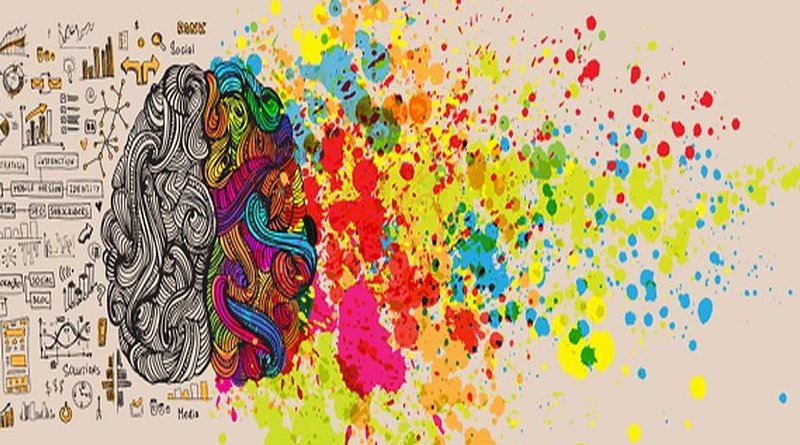Media Ethics In Professional Journalism: Rational, Emotional, Motivational – Essay
By Prof. Dr. Sabahudin Hadzialic
Political marketing acts upon on all three components of the human level – on rational, emotional-affective and motivational components, having in mind that coherence of those three components lead to the forming of the certain stand and behavior in accordance to it.
Within that context political marketing can not avoid not even rational component of the stand, so rather uses acts, factography, empirical material, statistic and other data which accuracy cannot be beaten. Despite of that, propaganda and marketing stays always distortion and deformation of the public through the interpretation of the facts and selection of the content, or purposely (for the manipulative intentions) or accidentally (of its subjects – politician and expert for marketing, are not able to differently see the reality). This distortion of reality considers legitimate and largely in use, having in mind that political marketing is located at the field of persuasions and valuations. On that plan does not function relation truth-lie, because so call judgments of values, unlike from the judgment of reality, cannot be provable in logical-discursive way.
- Objectivity as the presumption of innocence
- Problem of neutrality
- Manipulation messages
Three problems exist on which journalists has defensive stand, very often. In the same time that has great influence on ethics of journalism within meeting with political preferences. First, it is objectivity. Journalists defense with their objectivity to present story from different angles, but it might be, from the ethical point of view, be questionable.
Other problem is problem of journalism and media neutrality. Of course, neutrality implicit completeness, but also the responsibility for the public word said in public. Philip Breton said well when he underlined: “under the mask of division of work and professional ideology, supported with so call, neutralism, media has become to be mean for the expansion of xenophobic amalgams.” That can have devastating action on public.
Third problem is connected with manipulation, trensmitting of manipulative messaged. That problem is not easy to solve. Because, those who are doing that are doing that consciously using, or bettre say abusing media for it.
The only way is to invest the effort to stop using of the logic based on which all the words are valuable equally. If the moral culture within professional journalist mind is developed they will become sensitive on the mentioned logic and will discover, through the using of the words – the manipulative message and manipulator by himself/herself.
- Acts of political marketing
- Consequences and ethics within professional journalism
Although political marketing accepts deception and lie as the last resort, in question here is not a love towards ethics, “truth” per se. In question is the fact that, on long term, neither marketing based on immoral acts, lies and similar, cannot be successful. Because, only consequences that bear experts for marketing are consequences of futile campaigns, of loss of the market, and to be caught in lie means loosing of credibility for both – for the one he works for and as well for himself as well.
Principle of ethics is abused for the function of the success. Those principle does not need to exclude each other, but in a case of conflict, ethics is inferior to success. Howsoever this conclusion can be oppressive for the people of high ethical standards, it can contribute full understanding of political reality and political marketing as its part.
At a time when anyone with an internet connection can be a publisher and anyone with a Twitter account can report from the scene of a news event, what distinguishes professional communicators from the amateurs are the discipline, values and ethics that guide their work. Whether you are a reporter, editor, photographer/videographer, graphic designer or public relations specialist, virtually every choice you make tests your ethics and values. Every story, image, video or promotional effort carries consequences. On a good day, those consequences align with the values of your profession: to tell true stories fully and fairly; bear witness to the world around you; give voice to the voiceless; hold the powerful to account and provide people with the information they need to make enlightened decisions about their lives. On other days, you may be caught in conflict between your professional obligations and your basic human impulses. You may struggle to maintain your sense of fairness, balance and objectivity. You may be asked to tell lies. Your actions may do actual harm to your subject, your community, your publication; your professional identity. These are all ethical dilemmas. They are not easily resolved in absolute terms of right/wrong, black/white. The ethical landscape, in mass media and in life, is generally painted in shades of gray.
During those lessons you will, as we stated earlier:
• Learn to recognize ethical issues, evaluate them and make defensible decisions.
• Understand what it means to be an ethical journalist or public relations professional
• Develop a grounding in ethical theory that will enable you to navigate ethical in mass media and in life.
• Understand the structure and function of an ethics story — and to write one, if you’re inclined.
Question to think about:
Does the objectivity create consequences within the work of professional journalists of today’s neoliberal world?
Next: Media ethics in professional journalism: Ethics & Successful marketing

